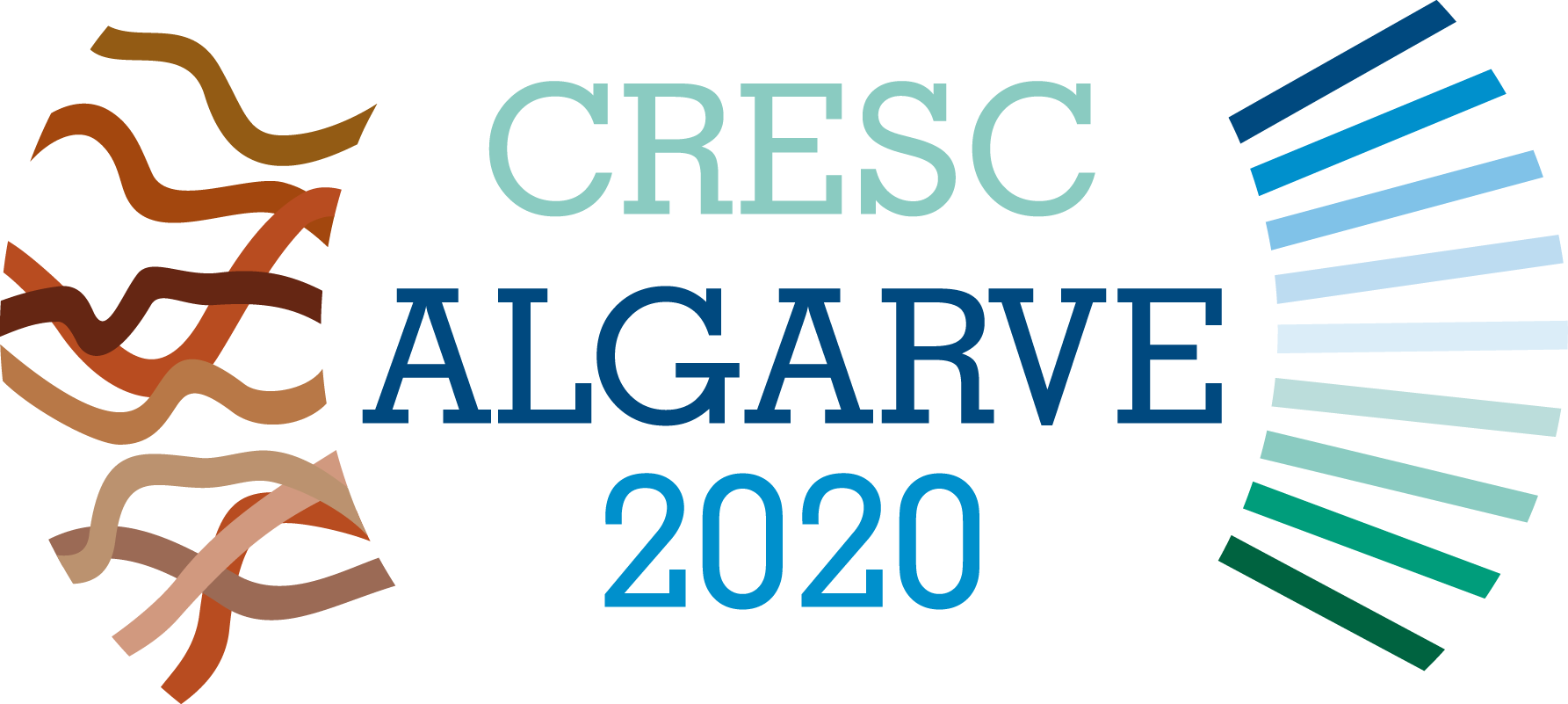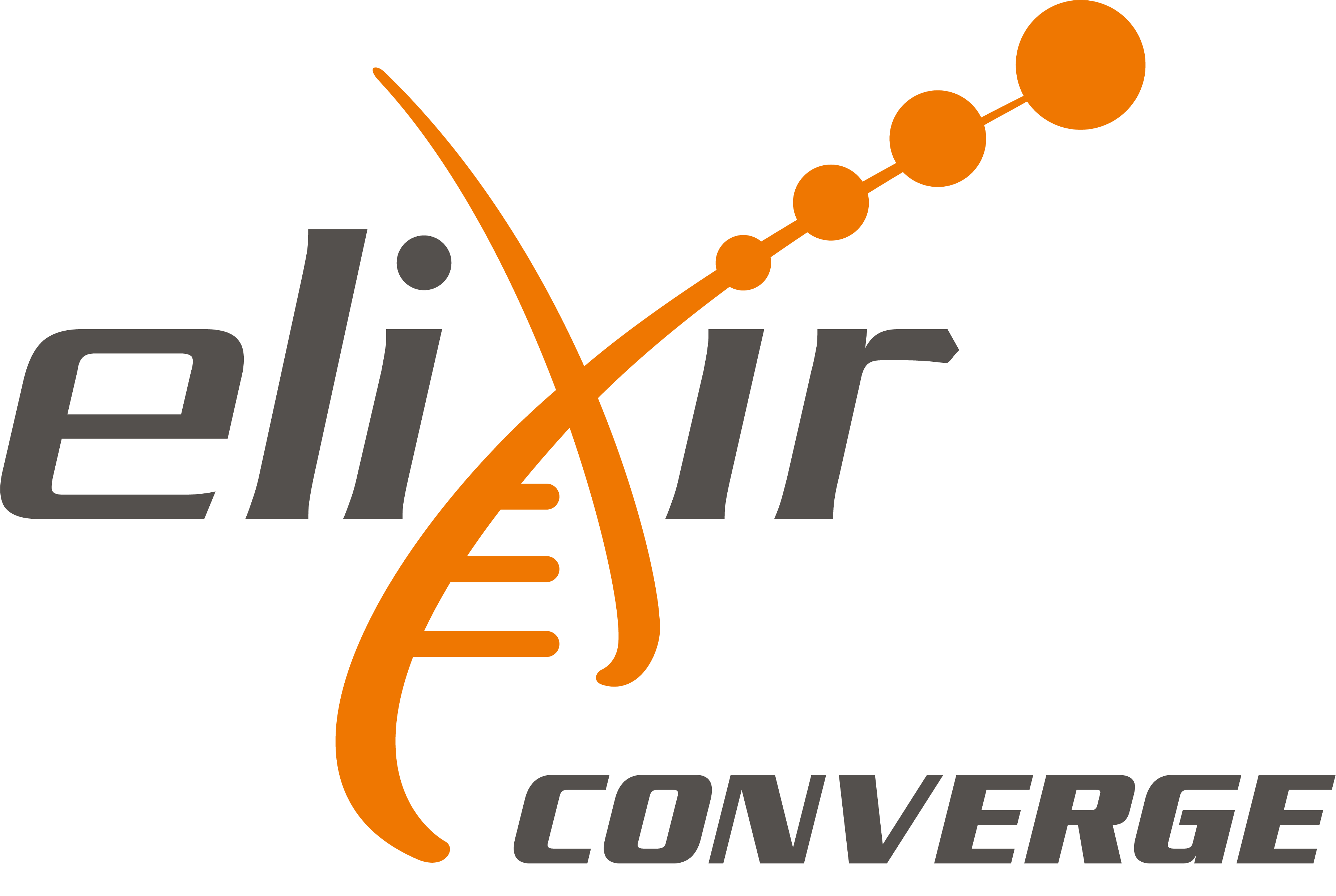|
IMPORTANT DATES for this Course Candidates with adequate profile will be accepted in the next 72 hours after the application until we reach 20 participants. |
Course Description
The implementation of cancer genomics into the clinic is becoming a reality. Personalized medicine or Precision medicine as other authors refers, uses molecular data of a specific patient to guide clinical decisions such as prevention, diagnosis and treatment. This will revolutionize healthcare and will play a dominant role in the future of cancer therapy. Bioinformatics analyses are essential to identify patients who will benefit from treatment based on their molecular profile, and to tailor chemotherapeutic regimens accordingly.
The aim of the course is to present a complete computational pipeline for the analysis and interpretation of Next-Generation Sequencing (NGS) data such as exome sequencing or targeted panels that are commonly used in the clinic.
We will address the implementation of large-scale genomic sequencing in clinical practice and the recently developed computational strategies for the analysis of NGS data with a particular emphasis on the interpretation of the results, selection of biomarkers of drug response and afford opportunities to match therapies with the characteristics of the individual patient's tumour.
Exercises and case studies focused on cancer will be used to illustrate the principles of how genetics influence led to refining diagnoses and personalized treatment of cancer disease.
Target audience
This course is intended for working healthcare professionals and Bioinformaticians working in the area.
Pre-requisites
The course assumes that attendees are not intimidated by the prospect of gaining experience working on UNIX-like operating systems (including the shell, and shell scripting). Attendees should understand some of the science behind high-throughput DNA sequencing and sequence analysis, as we will not go deeply into underlying theory (or the mechanics of given algorithms, for example) as such. What will be taught are technical solutions for automating and sharing such analyses in reusable compute environments, which will include (but is not limited to) beginner-level programming, and basic Linux provisioning. General computer literacy, (e.g. editing plain text data files, navigating using the command line) will be assumed. (*)
(*) Note: An optional free session will be arranged with the participants that may be interested, on the EVE of the first day (Monday, Sept 26th at 4PM), where we will ensure that every participant willing to attend can use the Linux operating system at the required level.
Instituto Gulbenkian de Ciência
Rua da Quinta Grande, 6
2781-901 Oeiras
Portugal





